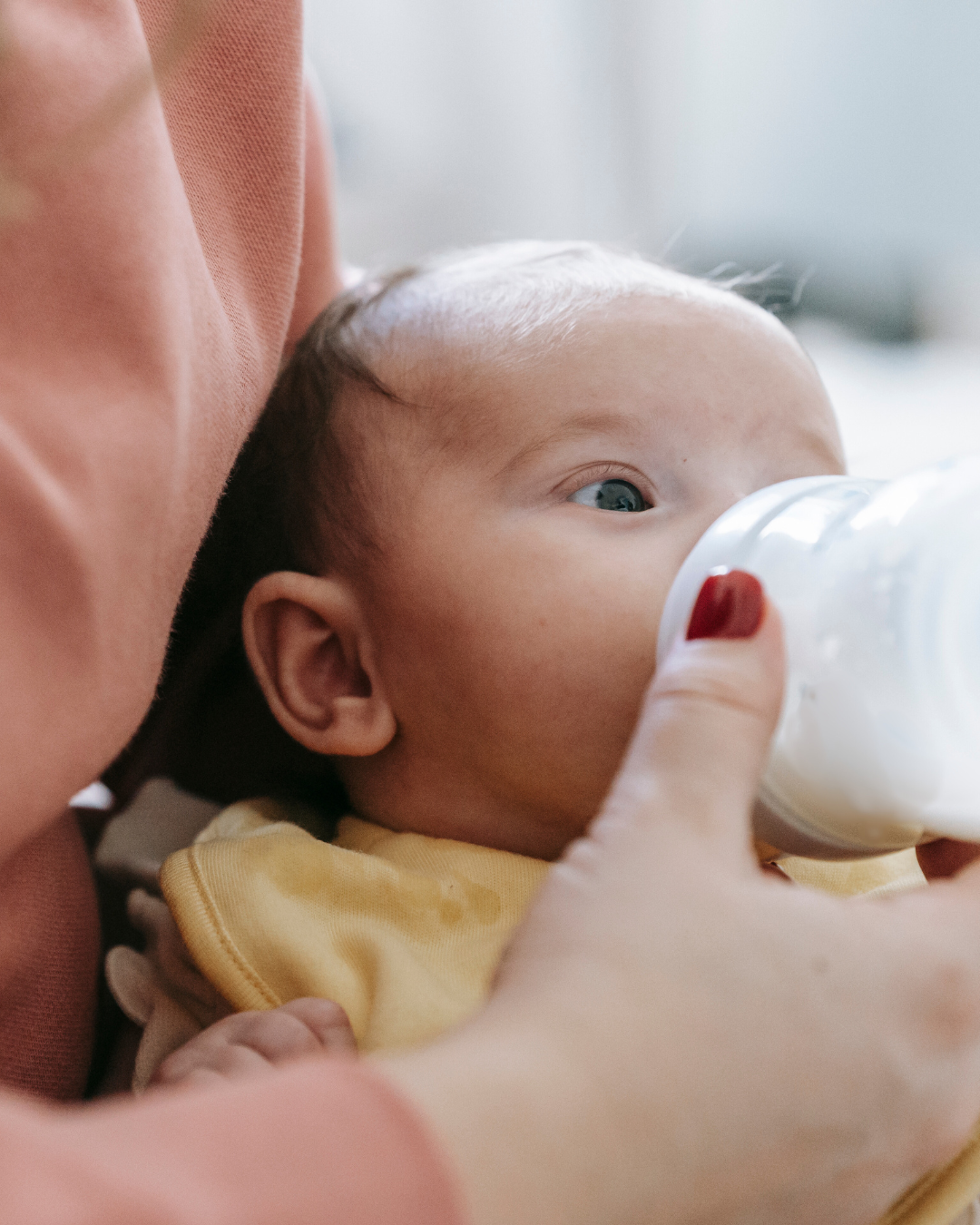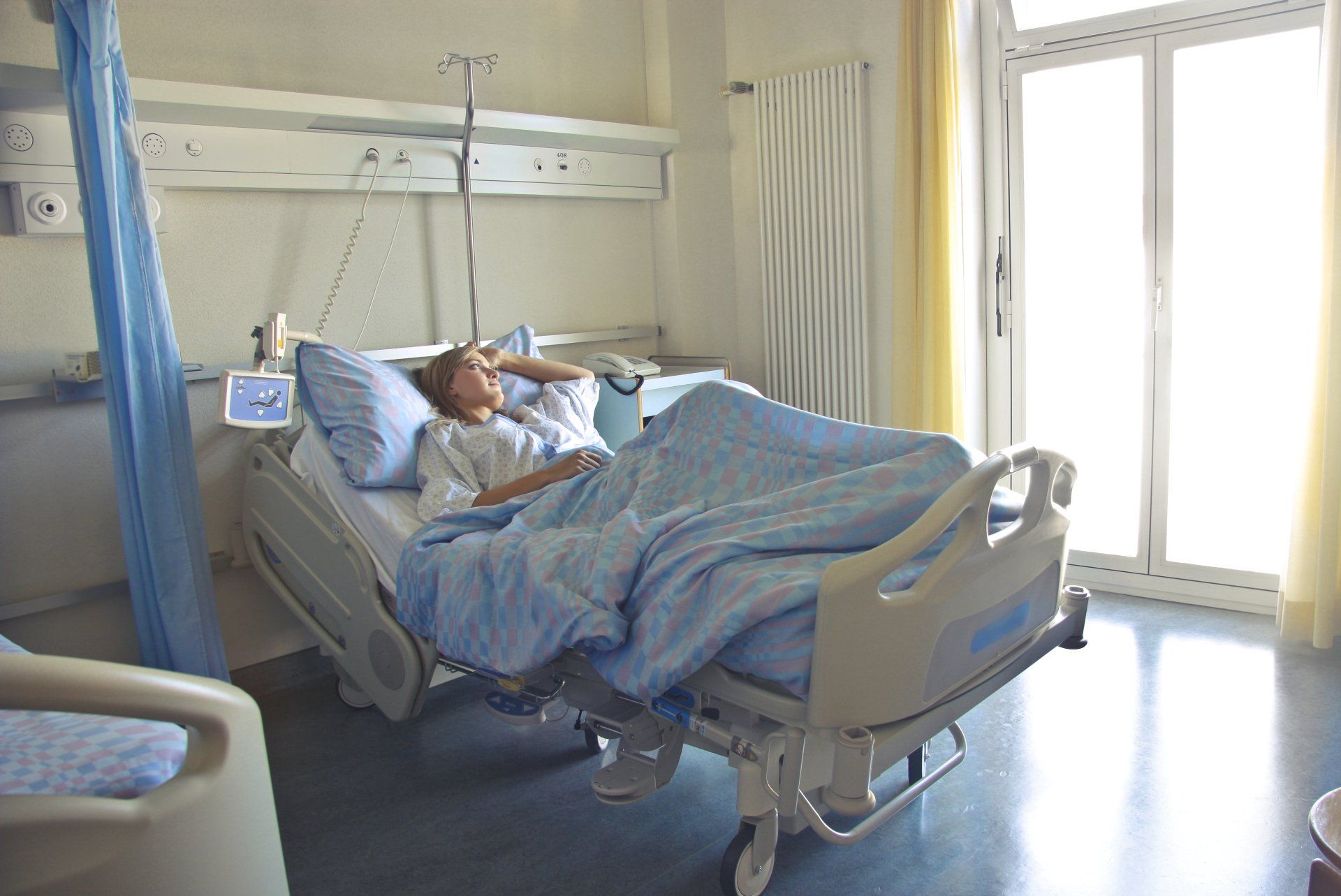There is a lot of misinformation out there so I'm hoping this blog will help combat it!
FACT
Breast milk contains antibodies that help your baby fight against infection. Recent research has also shown that antibodies against Covid 19 can also be passed to baby!
MYTH
Breastfeeding involves several food restrictions. Breastmilk is made from our blood, not the contents of our stomachs. Most people who are breastfeeding can continue to eat all their favourite foods. Some food proteins can be passed into milk and if baby has an allergy this may be an issue but for the vast, vast majority of people there are no food restrictions.
FACT
Breastfeeding burns between 500-600 calories a day. We are biologically designed to lay down extra fat stores when pregnant just in case there is a famine after the baby is born so that we still have fat to burn to make our baby's milk!
MYTH
Most women don’t produce enough milk. The vast majority of women can produce enough milk to feed their baby(ies) (and more!). Appropriate levels of feeding in the early days and weeks are vital however for this production capacity to be met. For the small percentage of women who biologically cannot produce enough breastmilk they can still usually breastfeed with additional milk given as needed. Skilled lactation support is very beneficial in these cases.
FACT
Breastfeeding reduces your risk of ovarian and breast cancer, heart disease, and osteoporosis and the longer you breastfeed, the larger the benefit.
MYTH
It's normal for breastfeeding to hurt. Breastfeeding should not hurt. Some women may experience some tenderness at latch on in the first few days but this shouldn't extend for the entire feed or beyond this time period. When breastfeeding hurts it is usually because the baby is not attached properly and adjusting positioning and latch can resolve the issue.
FACT
Breastfeeding can reduce baby’s risk of many diseases later in life. These include:
Breastfeeding can reduce baby’s risk of many diseases later in life. These include:
- Type I and II diabetes
- Hodgkin’s disease
- Leukaemia
- Obesity
- High blood pressure
- High cholesterol levels
- Crohn’s disease
- Ulcerative colitis
- Asthma
- Eczema
MYTH
You need to toughen up your nipples before breastfeeding. This is most definitely an old wives tale. Please leave your nipples alone, they are designed perfectly!
FACT
Breast milk changes during every feed and over time. Breastmilk changes in composition over the course of a feed with usually more fat being produced later in the feed. Breast milk also develops more antibodies and a higher fat content once your little one enters his or her toddler years and is regularly eating complementary foods to ensure they still get maximum benefits.
MYTH
There is no way to determine how much breast milk the baby is getting. What goes in must come out! Keeping an eye on wet and dirty nappies and weight gain are two ways to know that baby is getting enough milk.
FACT
Each breast functions independently. This means you may have different levels on supply in each breast, especially f you or baby favours feeding on one breast. It also means that women with only one breast can often still fully breastfeed their babies.
MYTH
Modern formula is almost the same as breast milk. Breastmilk substitutes are a lifesaving invention and also provide choice to those who do not wish to breastfeed. They provide adequate nutrition for a growing baby. Formula does not contain the antibodies found in breast milk and it is not tailored to the growth and needs of individual babies. It is made from cows milk, not human milk and it contains higher concentrations of vitamins and minerals that make it more difficult to digest. Breastmilk has hundreds of ingredients, many still to be discovered and understood that cannot be replicated in formula.
FACT
Breastmilk contains Human milk oligosaccharides (HMOs) which act as a food source for microbes and drive the growth of a healthy community of gut bacteria. In laboratory studies, potentially disease-causing bacteria grow poorly - or not at all in - the presence of HMOs, while ‘good’ bacteria like Bifidobacteria thrive, protecting your baby’s gut, and overall, health.
MYTH
You can't take medication while breastfeeding. The vast majority of medications can be taken while pregnant and if a recommended medication is not suitable there is usually a safe alternative. Women do not need to delay treatments due to breastfeeding. The Breastfeeding Network UK is a reliable, evidence based, source of information for you discuss with your prescribing physician or pharmacist. Alternatively, they may contact the National Medicines Centre in St James Hospital, Dublin for up to date advice on medications while breastfeeding.
FACT
A third of all respiratory infections in infants could be avoided by breastfeeding. Also, risk of hospitalisation from lower respiratory tract infection is 72 % lower in infants who are exclusively breastfed for more than 4 months.
MYTH
Because breastfeeding is biologically normal - it's easy. Babies are born with the reflex to look for their mother’s breast. However, as many mothers have not grown up with witnessing breastfeeding they may need practical support with positioning their baby for breastfeeding and making sure their baby is correctly attached to the breast. Breastfeeding takes time and practice for both mothers and babies and they need appropriate support during this learning phase.




